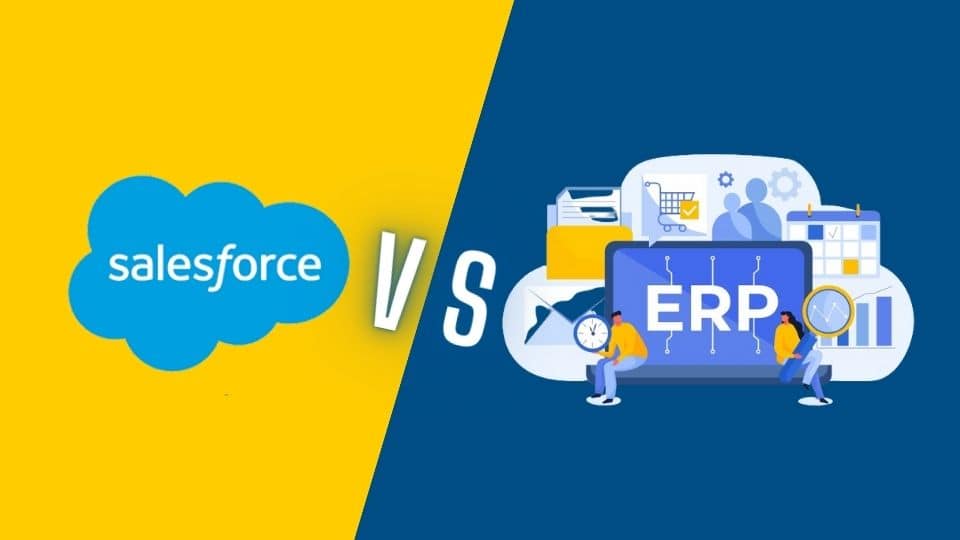Salesforce and ERP (Enterprise Resource Planning) systems serve distinct roles in business management. Salesforce focuses on Customer Relationship Management (CRM), enhancing customer engagement, sales, and marketing through features like sales automation, customer support, and analytics. It’s primarily used by sales, marketing, and customer service teams to improve external interactions and customer data management. Salesforce is cloud-based and highly customizable with numerous integration options and third-party applications.
In contrast, ERP systems integrate and manage internal business processes across finance, human resources, supply chain, and operations. They provide a unified platform to optimize resource use, automate workflows, and maintain regulatory compliance. ERP systems cater to the entire organization, offering insights into operational efficiency and financial performance. Deployment can be on-premises, cloud, or hybrid, with extensive integration capabilities across various business functions.
In summary, Salesforce excels in managing customer-centric activities and external interactions, while ERP systems provide comprehensive management of internal processes and resources. Businesses often use both to leverage Salesforce for customer-facing activities and ERP systems for internal operations, thus achieving a balanced approach to managing both customer relationships and organizational efficiency.


